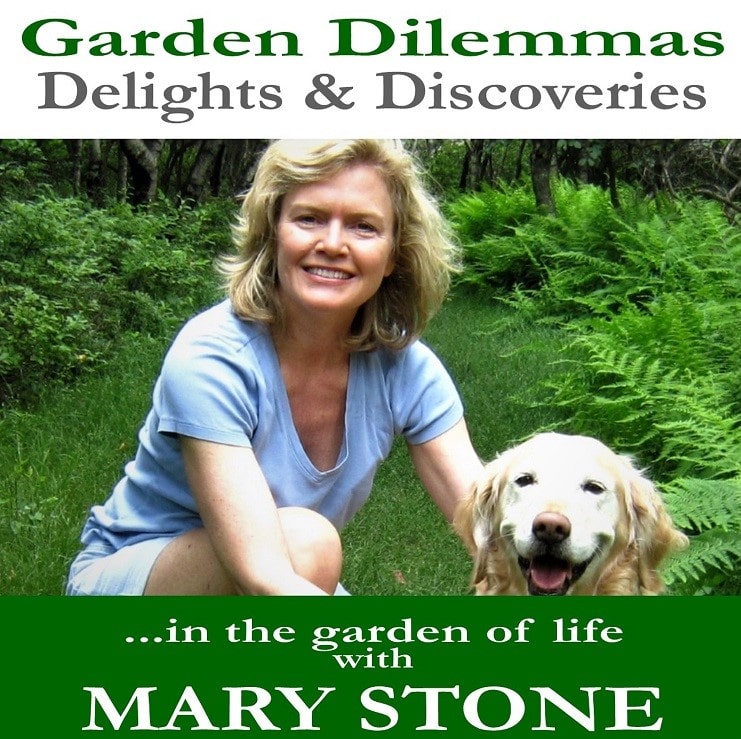Hello fellow readers,
I think I’ve opened a can of worms; about composting that is. We’ve talked about using leaves in our gardens but Jennifer of Hackettstown shared that hers never seem to break down. If you shred your leaves and add extra nitrogen, they’ll compost more quickly. Manure is the best nitrogen supplement; mix five parts leaves to one part manure. Other nitrogen supplements like dried blood, cottonseed meal, bone meal and Agrinite will work almost as well. Then there’s another level of composting.
I’ll have to fess up; I don’t compost the way diehard composters do. Mainly because I don’t wish to lure raccoons and bear into the stash. We need to be responsible about the wildlife we share our digs with. Providing them food scraps, or taking out trash the day or night before pickup for that matter, is leading critters into temptation. And putting them (and you) at risk of becoming a nuisance. Bins of trash sitting by the side of the road all day and night, let alone the remnants of pilfering from innocent critters, isn’t pretty. Or neighborly.
Composting is a natural process that will occur even without much effort. If you put grass clippings, weeds, dry leaves, wood shavings or chips and kitchen scraps (skip protein or dairy as that can attract vermin) into a heap, you’ll have usable compost deep within the pile in about a year and a half. That’s the Mary way, less the kitchen scraps.
If you prefer to be an active composter, you can make a batch of compost every 3-4 weeks by ensuring the mix remains damp and is turned every few days to reintroduce oxygen to the pile. A bin or tumbler makes it neat and easier to add air to the mixture. There’s rotary composters that are off the ground. Then there’s on-ground compost bins which are in contact with the soil. The soil helps retain moisture and adds microbes and worms; speeding up the process and adding nutrients from the worm castings.
Which brings me to worm composting in the basement solving the outside critter control concerns. I’ll be glad to share the ‘how to’ if someone would like to ask. It’s efficient and your pet worms won’t require a license. Garden dilemmas? askmarystone@gmail.com


